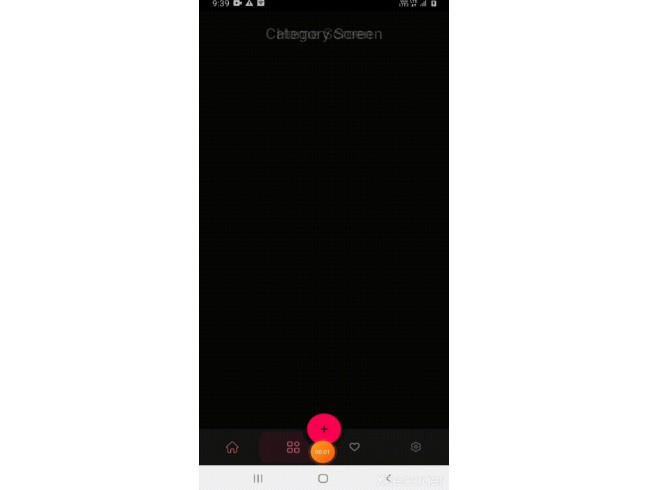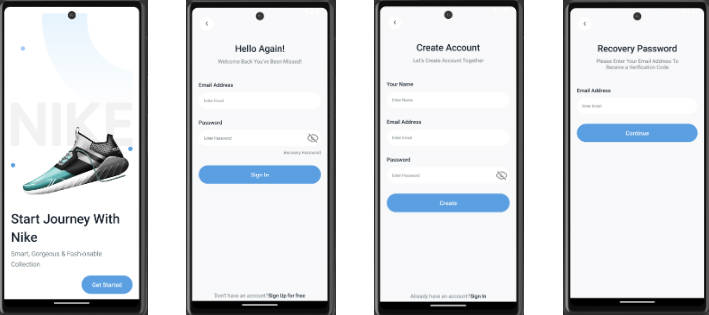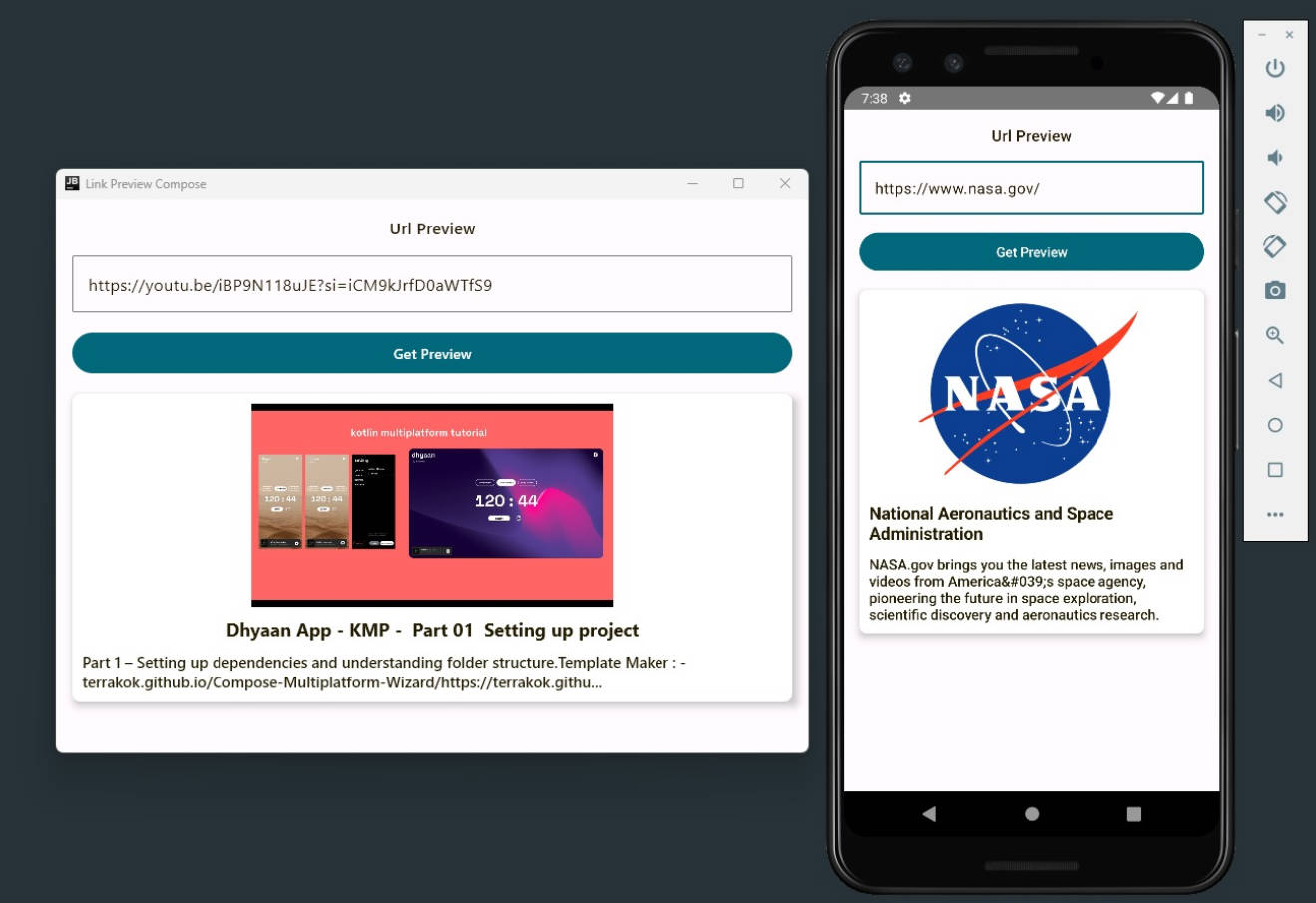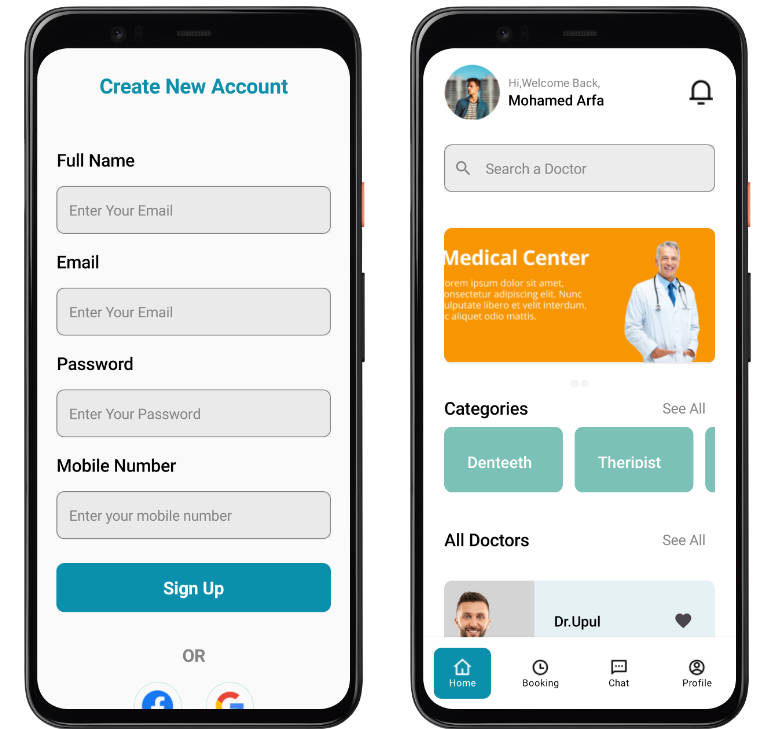JetCam
Add camera capability to your app with just a single method – JetCam
To get started with JetCam just add the maven url and the Chip dependency
build.gradle (Project level)
allprojects {
repositories {
...
//Add this url
maven { url 'https://jitpack.io' }
}
}
If you are using Android Studio Arctic Fox and above where you don’t have allProjects in build.gradle then add following maven url in settings.gradle like below
dependencyResolutionManagement {
repositoriesMode.set(RepositoriesMode.FAIL_ON_PROJECT_REPOS)
repositories {
google()
mavenCentral()
//Add this url
maven { url 'https://jitpack.io' }
jcenter() // Warning: this repository is going to shut down soon
}
}
Once you have added the maven url now add the Chip dependency in the build.gradle (module level)
implementation 'com.github.raipankaj:JetCam:0.1.1'
def camerax_version = "1.0.2"
// CameraX core library using camera2 implementation
implementation "androidx.camera:camera-camera2:$camerax_version"
// CameraX Lifecycle Library
implementation "androidx.camera:camera-lifecycle:$camerax_version"
// CameraX View class
implementation "androidx.camera:camera-view:1.0.0-alpha32"
Congratulations, you have successfully added the dependency.
Now to get started with JetCam add the following code snippet
JetCam(
imageAnalysis = { it?.let {
val buffer = it.planes[0].buffer
val data = buffer.toByteArray()
val pixels = data.map { it.toInt() and 0xFF }
val luma = pixels.average()
Log.i("LUM", ":${luma}")
}
}
)
JetCam composable provides various option to perform like
1. Toggle on/off flash light
2. Switch between front and back camera
3. Set back or front camera as default
4. Get image analysis lambda without creating class
5. Set image analysis object explicitly
@Composable
fun JetCam(
imageAnalysis: ((ImageProxy?) -> Unit)? = null,
imageAnalysisConfig: ImageAnalysis? = null,
imageCapture: ImageCapture? = null,
defaultCameraLens: Lens = Lens.Back,
cameraLensToggle: ((CameraLens) -> Unit)? = null,
cameraProcess: ((Camera) -> Unit)? = null
)
Following is a full fledged working sample code
Surface(color = MaterialTheme.colors.background) {
val imageCapture = rememberImageCapture()
var toggleCameraFlash by remember {
mutableStateOf(true)
}
var isBackCamShown by remember {
mutableStateOf(true)
}
var camera by remember {
mutableStateOf<Camera?>(null)
}
var cameraLensToggle by remember {
mutableStateOf<CameraLens?>(null)
}
Box(modifier = Modifier.fillMaxSize(),
contentAlignment = Alignment.BottomCenter) {
JetCam(
imageAnalysis = {
it?.let {
val buffer = it.planes[0].buffer
val data = buffer.toByteArray()
val pixels = data.map { it.toInt() and 0xFF }
val luma = pixels.average()
Log.i("LUM", ":${luma}")
}
},
imageCapture = imageCapture,
cameraLensToggle = { cameraLens ->
cameraLensToggle = cameraLens
},
cameraProcess = { cam ->
camera = cam
}
)
Row(
modifier = Modifier
.fillMaxWidth()
.padding(16.dp),
horizontalArrangement = Arrangement.SpaceEvenly) {
IconButton(onClick = {
toggleCameraFlash = toggleCameraFlash.not()
if (toggleCameraFlash) {
camera?.flashOff()
} else {
camera?.flashOn()
}
}, modifier = Modifier
.size(56.dp)
.clip(CircleShape)
.background(Color.LightGray)) {
Icon(
painter = painterResource(
id = if (toggleCameraFlash) R.drawable.ic_flash_off else R.drawable.ic_flash_on
),
contentDescription = "Flash On/Off"
)
}
IconButton(onClick = {
isBackCamShown = isBackCamShown.not()
if (isBackCamShown) {
cameraLensToggle?.toggleToBack()
} else {
toggleCameraFlash = true
camera?.flashOff()
cameraLensToggle?.toggleToFront()
}
}, modifier = Modifier
.size(56.dp)
.clip(CircleShape)
.background(Color.LightGray)) {
Icon(
painter = painterResource(id = R.drawable.ic_toggle),
contentDescription = "Toggle Front/Back Cam"
)
}
}
}
}
Also do not forget to request for camera permission.
Note: If you like this library, then please hit the star button! ?



